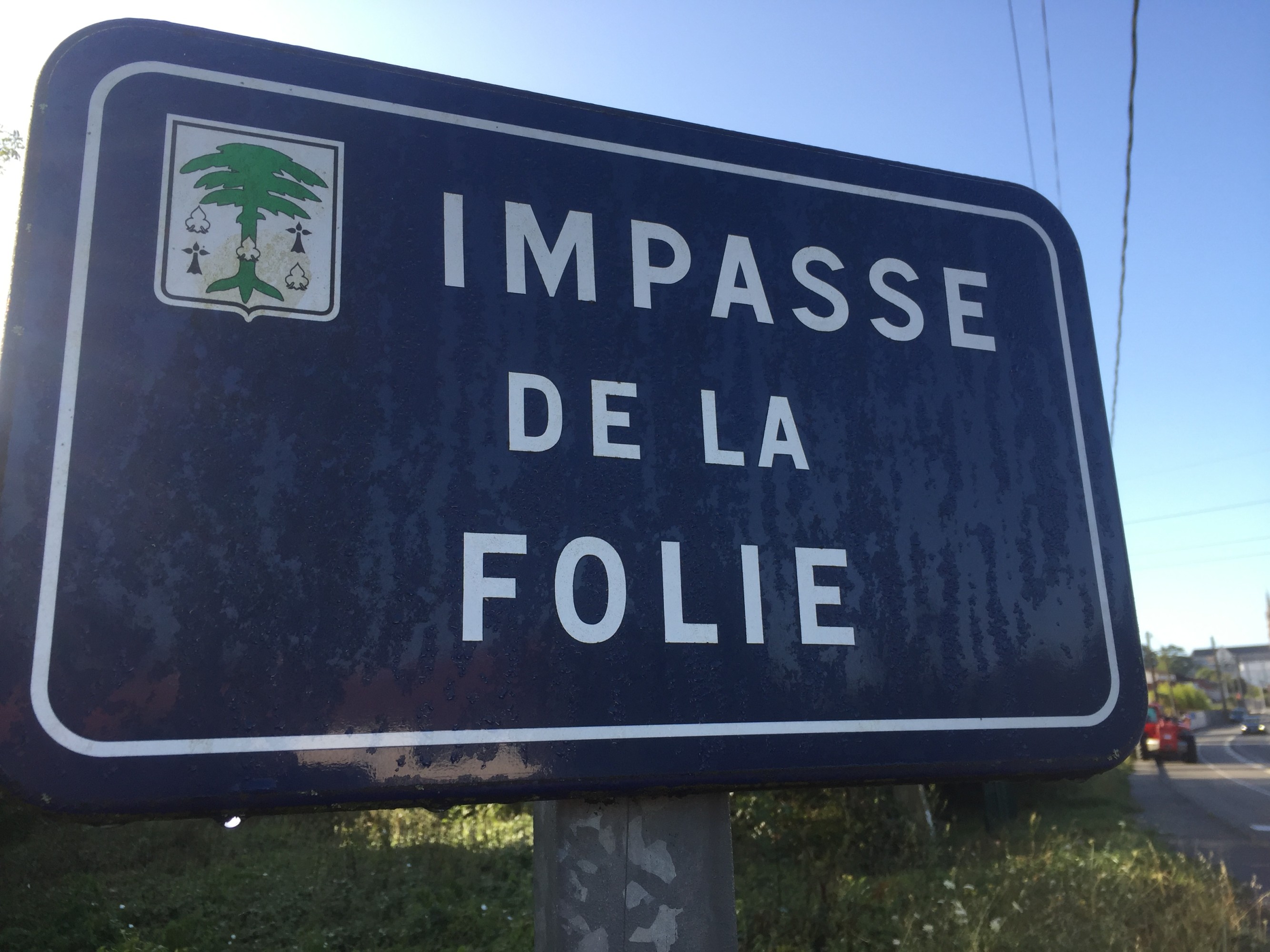anthropocène
Who or What is the Anthropos of the Anthropocene ?
Is the anthropos of the Anthropocene a who (responsible agent) or a what (geological object)? Catherine Malabou dissects Heidegger’s critique of Western metaphysics’ reduction of humans to a “what”, Derrida’s deconstruction of the reversible slippage between “who” and “what”, as well as Chakrabarty’s famous conception of humanity as a nonconscious geological force. As the distinction between agent and object collapses, she turns to Bateson and Guattari to articulate mental ecology and environmental ecology, and thus think the possibility of infinite responsibility in the face of climate catastrophe.
Lire la suite
The Paradoxes of Anthropocentrism
As the concept of the Anthropocene underscores humanity’s profound impact on Earth’s systems, a critical question emerges: Can we escape the human-centered thinking that fueled this crisis? Zoltán Boldiszár Simon’s article dissects the paradoxes binding anthropocentrism to the Anthropocene, revealing how efforts to combat ecological collapse often perpetuate the very mindset they aim to dismantle. Proposed solutions – from planetary stewardship to calls for human extinction – trap us in contradictions. Advocating non-anthropocentric values to “save humanity” still centers survival, while movements urging human extinction rely on human ideals of a “flourishing” planet. Can we truly shed anthropocentrism, or does every attempt to do so reinscribe it?
Lire la suite
More-Than-Human Stories: How Narrative Questions From Below the Historical Scales of the Ecological Crisis
How do we navigate the collision of human, geological and capitalist times in the Anthropocene? Through a field investigation of a sanatoria in Tskaltubo, Georgia, Julie Beauté approaches decaying architecture as a living archive: displaced communities, invasive flora and capitalist neglect intertwine at every scale. By fabulating with ruins and plants, the author proposes narratives that resist monolithic histories. Can fragmented, situated stories heal our fractured temporal imagination?
Lire la suite
Beyond All Scale: Self-Extinction and the Realization of Reason
Marcus Quent traces today’s looming ecocide through philosophical debates sparked by nuclear catastrophe. Drawing on Günther Anders, Quent argues that existential threats – atomic or ecological – exceed comprehension, paralyzing action or fueling extremes. While the nuclear age framed humanity as a fragile “species-being”, climate collapse fractures this unity, exposing global divides. As politics oscillates between hyper-politicized panic and apathetic normalization, Quent concentrates on the underlying frameworks of the exhaustion of dialectical reason. Urging a new political grounding, he calls for strategies that resist dissolving into measureless reactions – reimagining action beyond crisis binaries and the ongoing normalization of ecological catastrophe.
Lire la suite
Gaining Time as Catastrophe Looms
Alexander García Düttmann argues that a global crisis – nuclear annihilation, ecological collapse – cannot be resolved through reformist negotiation. In the wake of Maurice Blanchot’s essay The Apocalypse is Disappointing, he frames catastrophe as a paradoxical opening: while it signals humanity’s potential self-destruction, it also forces a reckoning with systemic failures, pushing toward revolutionary rupture. Düttmann’s critique pivots on the fraught interplay between pragmatic analysis (which risks complacency) and radical imagination (which risks accelerating doom). By refusing to resolve this tension, Düttmann weaponizes ambiguity – delaying disaster to nurture the frail grounds for collective reinvention, “as if one had nothing to lose, or as if everything had already been lost”.
Lire la suite
Le manège
Michel Arbatz, dans le cadre de sa chronique, partage un titre de la chanteuse montpelliéraine Mélanie Arnal, « Le manège ». Tourne, tourne la folie des humains… Embarquez dans ce carrousel d’impertinence et de nostalgie, de drôlerie et de rébellion. Résister, dans les temps qui nous restent, exige aussi une force de joie.
Lire la suite
Entretien avec Jean-Baptiste Fressoz sur Sans transition. Une nouvelle histoire de l’énergie
Troisième diffusion de L’émission du fictionnaire animée par Dominiq Jenvrey. Dans cet épisode, il s’entretient avec Jean-Baptiste Fressoz à propos de Sans transition. Une nouvelle histoire de l’énergie, publié au Seuil en 2024. À la technique : Karl Verdot.
Lire la suite
Abolir le sport
Le sport n’est pas seulement un ensemble de pratiques, mais une institution - et cette institution doit être abolie. Telle est la thèse défendue ici par Patrice Maniglier. Thèse provocatrice, mais d’abord au sens où elle provoque à la réflexion. Comment penser l’étrange place que le sport occupe dans notre monde ? Pourquoi est-il si consensuel ? Sommes-nous dans l’Olympianocène ? Ce texte s’inscrit dans la rubrique « Débats » des Temps qui restent, en répondant à un article publié antérieurement dans la revue. Il fera certainement débat.
Lire la suite
Temps du monde/Temps de l’anthropocène: le simultané du non-simultané
Le créateur des notions de « régimes d’historicité » et de « présentisme », aujourd’hui incontournables, l’historien François Hartog, prolonge ici ses réflexions sur le temps. Il note que tout temps historique organise toujours une conjonction du simultané et du non-simultané : ainsi les spectres sont-ils passés et présents, le Dieu incarné dans le Christ éternel et temporel, les Indiens que rencontrent les espagnols contemporains et archaïques, le progrès présent et futur, etc. Il esquisse alors une grande frise qui va de l’Antiquité à aujourd’hui, pour présenter « l’Anthropocène » une nouvelle figure de ce simultané du non-simultané. Apprendre à vivre dans ce temps, c’est déjà se doter des outils pour le penser.
Lire la suite
Entre roche et cerveau : en quoi consiste exactement une « écologie de l’esprit » ?
Relisant les concepts de “double bind” et de différence chez Gregory Bateson, Catherine Malabou explore ici les méandres paradoxales contenues par l’idée d’une « écologie de l’esprit ». Les subjectivités contemporaines (ou « modernes ») doivent se saisir comme choses, mais elles peuvent le faire de deux manières: soit comme cerveau (évolution), soit comme terre (anthropocène). Double schize donc, qui dit bien l’affolement des temps présents.
Lire la suite
